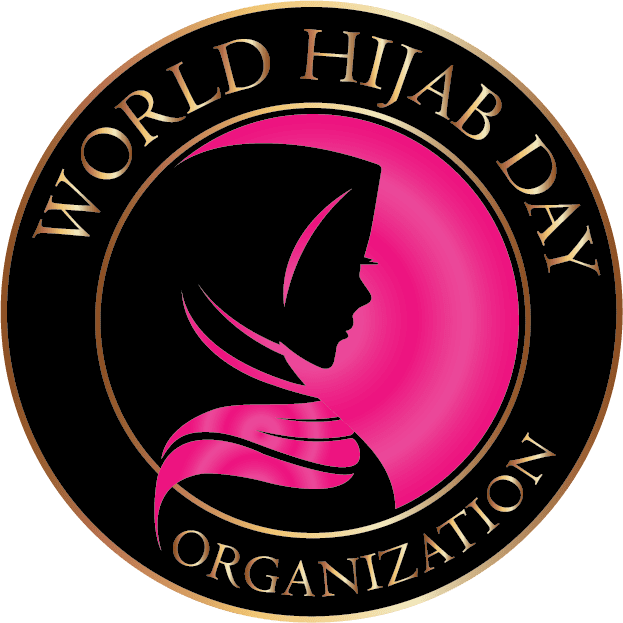Ramadan is the ninth month of the Islamic calendar. During this holy month of Ramadan, Muslims must abstain from all eating and drinking from dawn to sunset. This is called fasting.
FAQs

Fasting is one of the Five Pillars of Islam, which form the basis of how Muslims live their lives. The other pillars are declaration of faith, establishing five daily prayers, obligatory charity, and making pilgrimage to Mecca once in a lifetime if one is physically able and can afford it financially.
Fasting is a form of worship that allows those participating to focus on faith, stay away from sins, develop self-discipline and self-control, and remember those in need.
Muslims do not drink any liquids (not even water), eat any food, smoke or engage in any sexual activity from dawn to sunset. That includes chewing gum or taking medication. To prepare for the fast, Muslims eat a pre-dawn meal called “suhoor.”
Traditionally, fast is often broken with a sip of water and eating dates along with other small appetizers at sunset followed by dinner.
- Be charitable and generous
- No swearing
- Control anger
- No lying, gossiping, slandering or arguing
- Avoid idleness and oversleeping
- Avoid overspending
- No smoking
- Elderly
- People who are sick
- Travelers
- Women currently menstruating or post childbirth bleeding to prevent iron deficiency anemia
- Women who are pregnant or breastfeeding and fear that fasting may harm them or their child
At the end of Ramadan, Muslims celebrate the end of fasting with a holiday called Eid al-fitr, the festival of breaking fast. To celebrate, friends, families, and communities come together for prayer and a meal. Gifts are also often exchanged.
Newsletter
Signup for news and updates from us!
Thank you!
You have successfully joined our subscriber list.
